If you don’t stand for something, you’ll fall for anything.” ~Various attributions
Conducting a job search can be equal parts overwhelming, frustrating and more, depending on your circumstances. A lot of these feelings are tied to the sheer number of factors that are beyond your control as a job seeker. You don’t know who is going to hire you, when, and for what reason(s). When there are so many unknown quantities, I find it very important to help ground my clients in their own truths by focusing them on what they can control. Clarity is powerful and forms an excellent base from which to build a job search. This is why I often begin work with clients seeking job search coaching by asking them to identify what they really want in their next job.
This might sound basic, but often it’s the simplest things in life that have the most profound impact on us. Quite frequently, clients that I meet at various stages of the job search have not truly stepped back to consider what they would like to see in their next job. They are loosely aware of the job title(s) they are targeting and have an idea of what responsibilities to expect. However, there is a big difference between having an idea of what is available as compared to having a solid understanding of what you want. Navigating the vast waters of a job search not really knowing what you want is tantamount to being a ship without a rudder.
Clients often find themselves feeling overwhelmed with all the possibilities of job opportunities, not really knowing what to apply to and what to skip. A lot of this can be avoided by clearly defining what you would like to see in your next job. Here is why it can be so impactful:
6 Reasons Why Writing Your Own Job Description Matters
1) Sense of Direction
Doing this exercise will effectively help you set your own internal compass to help you navigate the landscape of the job search process. Being as concrete as you can in this exercise will guide you as to what roles are worth your valuable time and energy to pursue. It can also help you establish where to look. Some companies are more likely to contain the type of role and environment you are looking for. This is why it’s also important to spend time targeting companies after you outline your ideal job.
2) Sense of Discernment
If you can, without hesitation, state whether cilantro tastes good or like soap to you, I fully believe that a similar level of clear discernment is achievable in a job search. Granted the job search is far more complex, having your own job description gives you a literal point of comparison against which you can evaluate the job offerings out there in the world to see if they meet your requirements. When you are networking and interviewing, you will also be better able to ask questions to determine if a role/company truly meets your needs.
3) Sense of Control
Though you cannot fully control when, how and by whom you get hired, you do have the ability to manage your desires and what you are willing to accept. By establishing at the start of your search what it is that you want, when it comes time to consider offers you will already be equipped to evaluate jobs against your own rubric. If a job only meets 50-60% of your criteria -- because you actually wrote them down -- you will feel much more empowered to pass on an offer, knowing it didn’t pass your test.
4) Sense of Freedom
My clients often report feeling a sense of empowerment and freedom as a result of this exercise. I understand this freedom as being the result of my clients being grounded in their own truth. Being unsettled is what can bring anxiety and feelings of being stuck. This is true in life and in job searching. When we as humans are grounded in our own truth, from both a psychological and emotional standpoint, we can move through the world more freely because we are settled on the inside.
5) Avoiding Mistakes
I recently worked with a client who quit his job after 10 months because he could no longer stand the work environment. He had left a good corporate job for what appeared to be an attractive opportunity at a boutique firm. Unfortunately, what glitters isn’t always gold. While working through his exercise he expressed that he wished he had done this prior to making his jump. He may have asked some questions that would have revealed that it wasn’t the right fit.
6) Ability to Empower Your Network
When you know what you want, you can more easily and accurately inform your network. You can use a distilled version of your ideal job description to send close contacts in your network clear instructions about the type of role you are looking for. Imagine it’s like programming a set of friendly bots to help you crawl the hidden job market and bring you back results. The better your programming instructions, the more accurate your results.
How to Write Your Ideal Job Description
When writing your own job description, the most important instruction is that you should have no other criteria in mind but your own. Ultimately, it will be you waking up to go to that job every day, so your opinion matters most. Begin by outlining the key criteria/categories that are important for your next role, for example:
Core skills I want to use?
Who do I want to report to?
Key responsibilities?
Manager vs. Individual contributor?
For each criterion, fill in the concrete details of what you want to see. Paint yourself a picture. The categories can be as “serious” as those listed above, or as “fanciful” as what you want to wear to work. If expressing yourself through fashion is important to you, a work environment that is very buttoned up might not be the right fit. The key here is the right fit for YOU. In this exercise, I remind my clients that it can be just as important to note down what you don’t want as much as what you do want in a job. This said, also note aspects of a job you wish to avoid.
I believe that all my clients don’t want to make just any move, they want to make the right move. Doing this exercise before you embark on your search will boost your chances of landing the right job. This helps you avoid having to look again 6 to 18 months later when you realize it’s not the right fit.
Measure twice. Cut once. Write your own job description. Find your ideal job.
If you would like to discuss how to optimize your job search strategy, I’d love to support you! Book Now for a free consultation.
NIIATO@AVENIRCAREERS.COM | CALL/TEXT 917-740-3048

